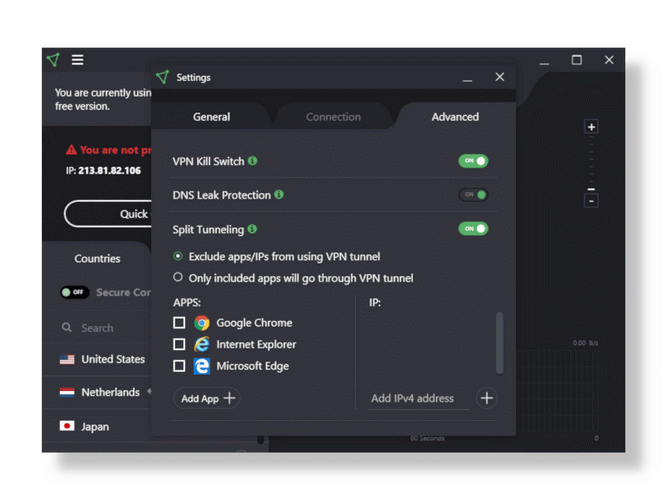
It is recommended to do the manual installation in a virtual environment. Sudo pip3 install protonvpn-cli -upgrade Manual Installation from sourceĭisclaimer: If you are unsure about what you're doing, please follow the normal installation guide. Sudo pip3 install protonvpn-cli Updating ProtonVPN-CLI Note: Make sure to run pip with sudo, so it installs globally and recognizes the command with sudo Installation happens via Python's package manager PIP. Sudo pacman -S openvpn dialog python-pip python-setuptools Sudo zypper in -y openvpn dialog python3-pip python3-setuptools Sudo apt install -y openvpn dialog python3-pip python3-setuptools Sudo dnf install -y openvpn dialog python3-pip python3-setuptools

dialog (optional, needed for interactive selection).Installing from PyPI Installing Dependencies Protonvpn-cli is available for CentOS/RHEL 7.x and 8.x via the EPEL repositories.

Installing from distribution repositoriesįor the following Linux distribution(s), install the official protonvpn-cli package: Fedora sudo dnf install -y protonvpn-cli

Installation & Updatingįor more detailed information on installing, updating and uninstalling, please view the extensive usage guide. The community Linux client described below remains available for those who need it. Where possible, we recommend that you upgrade to the official app. The official ProtonVPN Linux app is available for Debian 10, Ubuntu 20+, Mint 19+, MX Linux 19+, Fedora 31+ and Archlinux / Manjaro. ProtonVPN-CLI is a full rewrite of the bash protonvpn-cli in Python, which adds more features and functionality with the purpose of improving readability, speed and reliability.


 0 kommentar(er)
0 kommentar(er)
